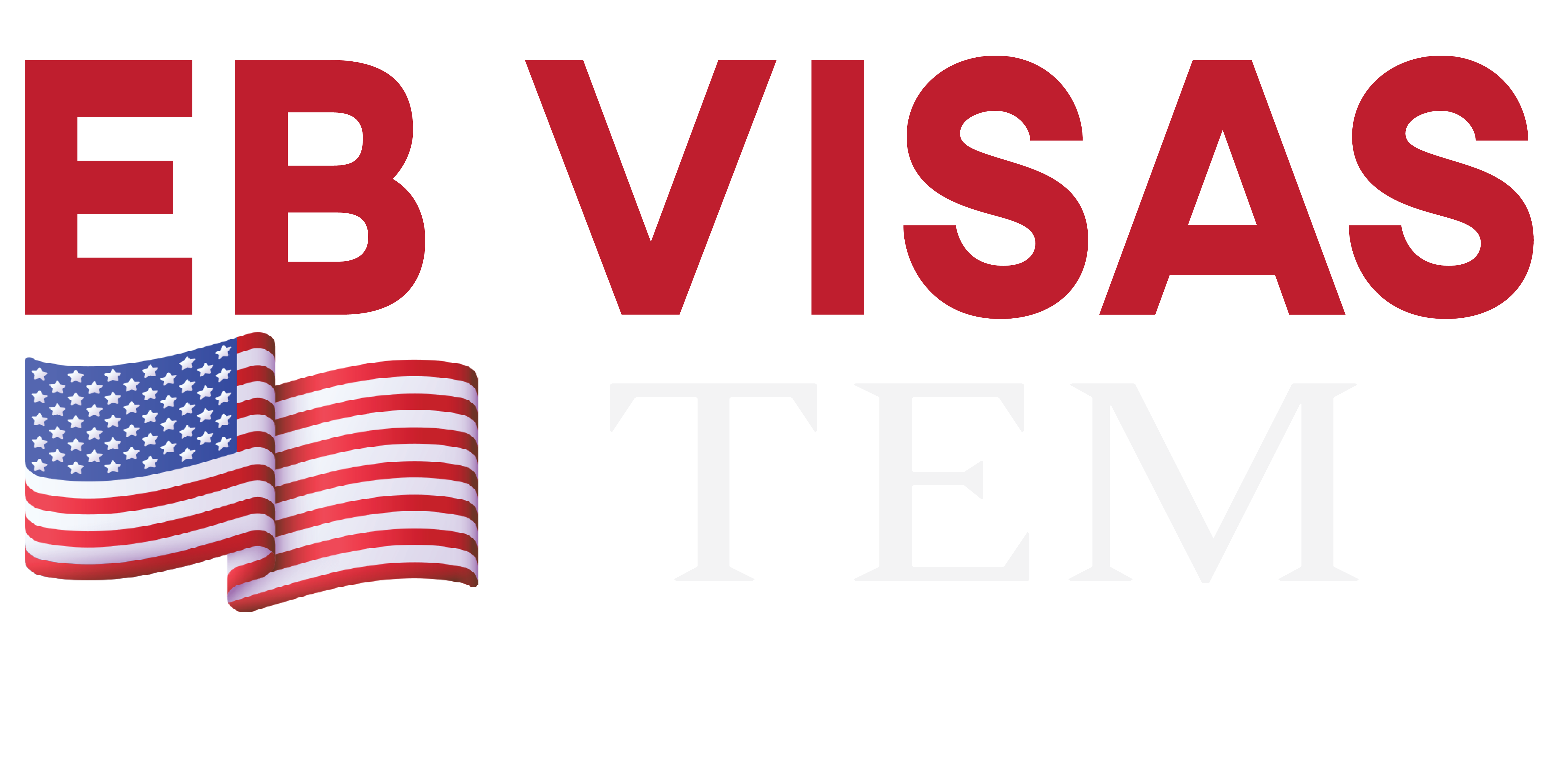U.S. Immigration Solutions for Exceptional STEM Professionals

Reunite with Your Siblings Through the F4 Visa
The F4 visa is a family-based immigration option designed to help U.S. citizens reunite with their brothers and sisters. This pathway allows siblings of U.S. citizens to become lawful permanent residents, granting them the ability to live, work, and build a future in the United States. While the process can be lengthy due to numerical limitations, understanding the requirements and steps involved is key to a successful application. This guide outlines the F4 visa process, helping you navigate it with confidence and ease.
What is the F4 Visa?
The F4 visa is part of the Family Preference Categories in U.S. immigration law. It allows U.S. citizens to sponsor their brothers and sisters for permanent residency, along with their spouse and unmarried minor children. This visa category is subject to annual quotas, often resulting in extended wait times.
Eligibility Requirements for the F4 Visa
To qualify for the F4 visa, applicants must meet the following criteria:
- Petitioner’s Status: The petitioner must be a U.S. citizen aged 21 or older.
- Beneficiary Relationship: The beneficiary must be a biological, step, or adopted sibling of the petitioner.
- Proof of Relationship: Documentation such as birth certificates or adoption records must verify the sibling relationship.
Benefits of the F4 Visa
- Family Reunification: Allows U.S. citizens to bring their siblings and their immediate family to the U.S.
- Permanent Residency: Grants beneficiaries the right to live, work, and study in the United States.
- Path to Citizenship: Recipients can apply for U.S. citizenship after meeting residency requirements.
Step-by-Step Guide to the F4 Visa Process
- File Form I-130 (Petition for Alien Relative): The U.S. citizen petitioner initiates the process by filing Form I-130 with U.S. Citizenship and Immigration Services (USCIS).
- Proof of the petitioner’s U.S. citizenship (e.g., passport, naturalization certificate).
- Birth certificates or adoption records proving the sibling relationship.
- Evidence of any name changes, if applicable.
- Wait for Petition Approval: Once USCIS approves the I-130 petition, the case is forwarded to the National Visa Center (NVC) for further processing.
- Monitor Visa Availability: The F4 visa is subject to annual caps, resulting in long wait times. The Visa Bulletin provides monthly updates on priority dates, helping applicants track when their visa becomes available.
- Apply for Consular Processing or Adjustment of Status:
- Consular Processing: For applicants outside the U.S., complete Form DS-260 (Immigrant Visa Application) and attend an interview at the nearest U.S. Embassy or Consulate.
- Adjustment of Status: For applicants already in the U.S., file Form I-485 to adjust to permanent resident status.
- Complete the Medical Examination: Applicants must undergo a medical examination conducted by a USCIS-approved physician and submit Form I-693.
- Attend the Visa Interview: During the interview, consular officers verify eligibility and review supporting documentation. Required documents include:
- Affidavit of Support (Form I-864) to demonstrate financial sponsorship.
- Birth certificates and other evidence of the sibling relationship.
- Marriage certificates and birth certificates for accompanying dependents.
- Receive the Green Card: Upon approval, the beneficiary and their immediate family members receive their Green Cards, allowing them to live and work in the U.S.
Common Challenges with the F4 Visa Application
- Lengthy Wait Times: The F4 visa category often involves extended delays due to annual numerical limits. Applicants should regularly monitor the Visa Bulletin and act promptly when their priority date becomes current.
- Proving the Sibling Relationship: USCIS requires clear and verifiable evidence of the sibling relationship, which can be challenging in cases of adoption, step-siblings, or name discrepancies.
- Financial Sponsorship Requirements: The petitioner must demonstrate they meet the minimum income threshold to sponsor their sibling and their family members.
How Larhdel Law Can Help You Succeed
- Petition Preparation: Ensuring all forms and evidence are accurate and complete.
- Visa Bulletin Monitoring: Keeping you updated on priority dates and visa availability.
- Documentation Support: Assisting in compiling strong evidence to prove relationships and eligibility.
- Interview Preparation: Coaching applicants for consular or USCIS interviews.
Contact us at 310 943 6352 for personalized support tailored to your family’s needs.
Real-Life Success Stories
- Case 1: Reuniting Siblings After Years Apart: A U.S. citizen petitioned for their sibling living abroad. Despite a lengthy wait time, we prepared all documentation meticulously and ensured the process moved forward without delays when the priority date became current.
- Case 2: Resolving Documentation Issues: A petitioner faced challenges proving their relationship with a step-sibling due to inconsistent records. We guided them in gathering alternative evidence, such as affidavits and school records, resulting in a successful application.
- Case 3: Addressing Financial Sponsorship Concerns: An applicant struggled to meet the income threshold for sponsorship. By identifying a joint sponsor, we resolved the issue and ensured the visa application proceeded smoothly.
Call to Action
Reuniting with your siblings through the F4 visa is a significant step toward building a stronger family connection. Don’t let application challenges or delays hinder your plans. Contact an experienced immigration attorney today at 310 943 6352 to make the process smooth and successful. Let Larhdel Law help you navigate the complexities and bring your family closer.
Fill out the form below.